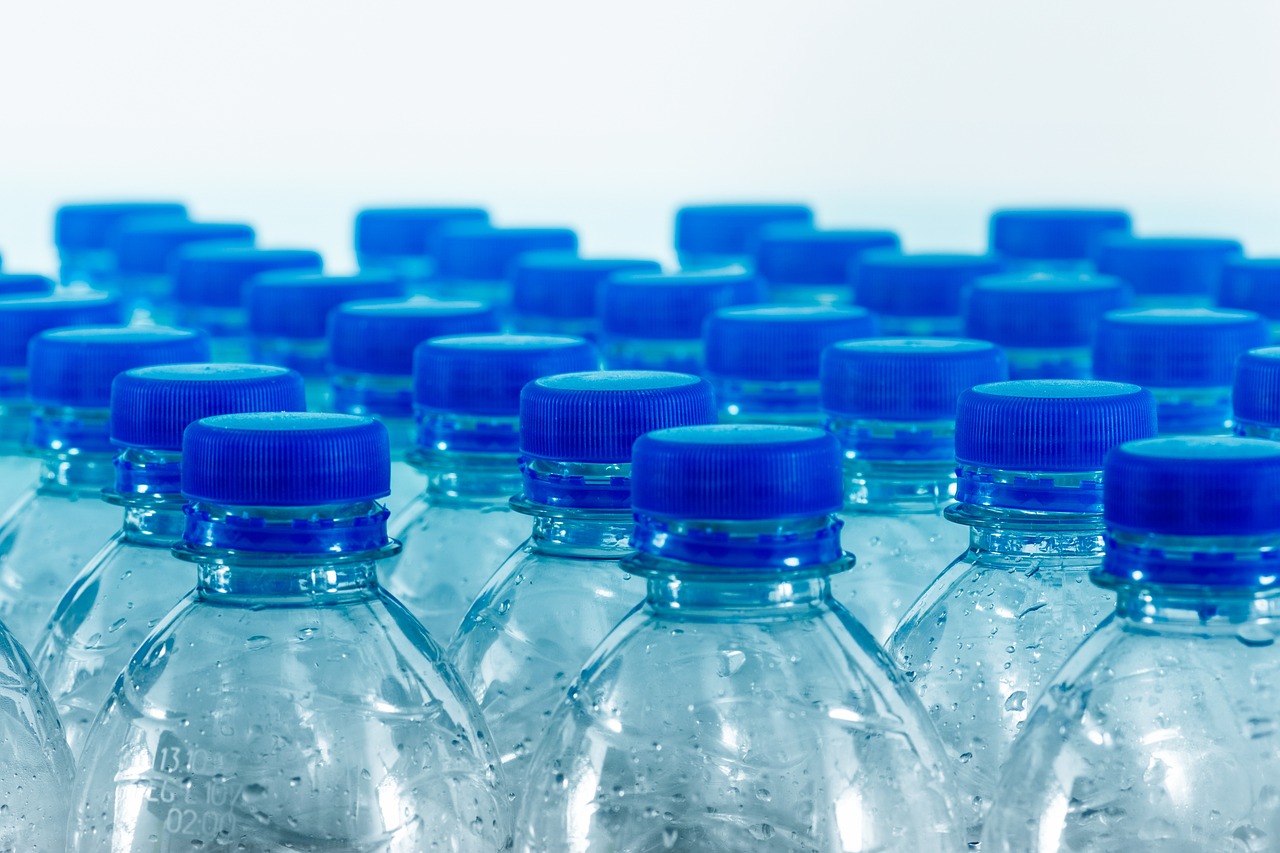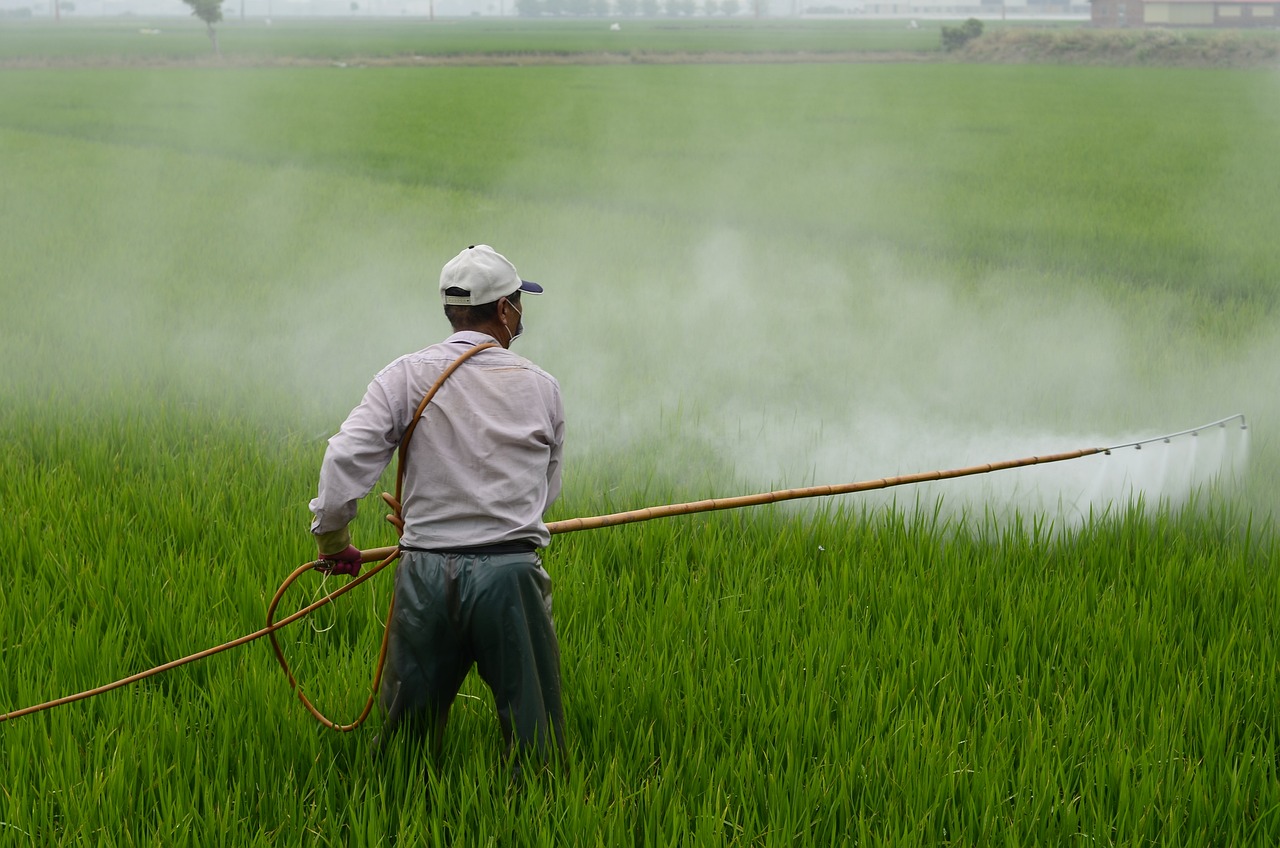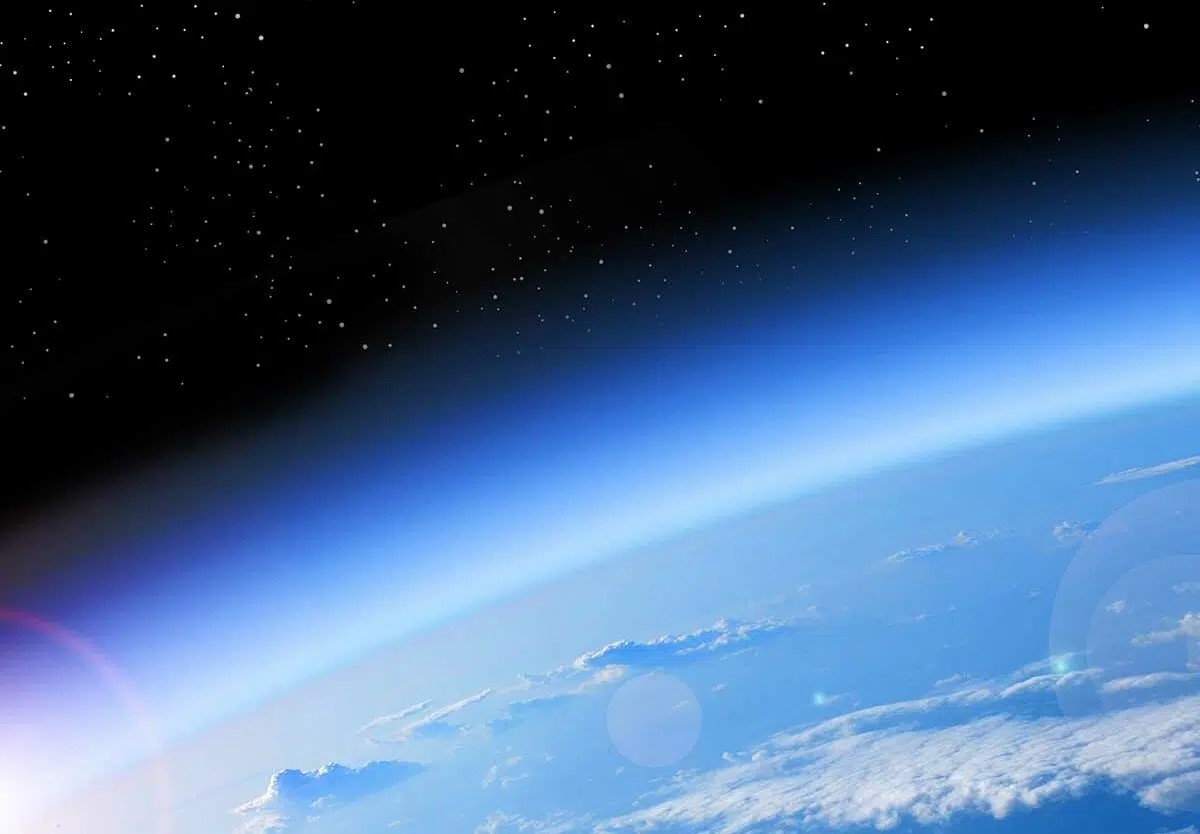Plastic and Waste Management Program
Our work under this program aims to reduce the health and environmental impacts associated with waste and plastics throughout their life cycle. Over the years, plastic and plastic products have emerged as problematic and hazardous to human health and the environment. Every stage of the life cycle of plastics contains harmful chemicals that pose a great risk to human health, the environment, biodiversity and the climate.
Our work contributes to the achievements of the Basel Convention, Stockholm Convention, Rotterdam Convention objectives and the UNEA 5/14 resolution entitled “End Plastic Pollution: Towards an internationally legally binding instrument.
Objectives
Our work on Plastic and Waste Management aims to achieve the following:
- Eliminating unsustainable waste management practices to protect human health and the environment.
- Identifying and eliminating hazardous chemicals in plastics.
- Improving governance on plastic and waste management at national, regional and international levels.
On Going Work
The Plastic and Waste Management program is currently undertaking the following projects:
- Promoting and supporting the organizing and formalizing of waste pickers in Kenya
CEJAD is supporting the waste pickers to organize in Kenya into formal and legally recognised associations. The associations promote collective voice and defend, protect the interests and rights of the waste pickers. The project is supported by the SAGE fund
- Empowering and enhancing the capacity of Governments and Civil Society Organizations to participate substantively and equally in the negotiation of a legally binding plastic treaty.
CEJAD in partnership with The Norwegian Institute for Water Research (NIVA) , Center for International Environmental Law (CIEL) and the Environmental Investigation Agency (EIA) is implementing a project to support Members states and Civil Society Organisations in Africa, Asia and America to engage and participate in advocacy efforts for an ambitious plastic treaty through discussions at a national, regional and global level. This project is supported by the Norwegian Agency for Development Cooperation (NORAD).
The project aims to:-
- Ensure the adoption of an effective internationally legally binding instrument whose measures are responsive to the needs and circumstances of developing countries and economies in transition
- Enhance the readiness of countries to ratify and subsequently implement strong provisions at national level
- Amplifying Civil Society voices to end plastic pollution, supporting Kenya’s negotiation and preparedness for ratification of the global plastics treaty
CEJAD is implementing a project that seeks to amplify the collective voices of the Civil Society Organization (CSO) coalition, specifically rallying against false solutions to plastic pollution. Through heightened advocacy efforts and a comprehensive approach, the project aims to foster a strong framework in Kenya’ s response to plastic pollution based on sound science and best available practices. The project is supported by the Heinrich Boll Foundation Nairobi.
- Advancing non-toxic circular economy in Kenya
CEJAD in collaboration with IPEN and Arnika is implementing a project to identify toxic chemicals recycled into consumer products such as children’s toys, their availability in the food chain and in clothing in Kenya. The project is supported by the BRS and Sigrid Rausing Trust aims to prevent the recycling of hazardous plastics into new consumer products and the food chain contamination from the toxic chemicals associated with plastics.
The INC process to develop a legally binding treaty
Addressing plastic pollution presents intricate challenges that span borders and involve a variety of sources, encompassing materials like textiles, tire dust, plastic bottles, and packaging. A global response to this issue necessitates a comprehensive and adaptable approach, demanding coordinated efforts from a diverse range of stakeholders at the national, regional, and international levels. Despite the acknowledgement of the imperative for sustained, all-encompassing, and collaborative measures, there is currently no international agreement specifically focused on combating plastic pollution.
The increased awareness of plastic pollution as a worldwide concern and the realization that the existing global legal framework is insufficient has created an opportunity on the international stage. Various options are being explored, with specific initiatives in progress. In December 2017, during the third session of the United Nations Environmental Assembly (UNEA), countries united to pass a resolution addressing marine litter and microplastics.
In a landmark decision in March 2022, Member States of the United Nations adopted a mandate to negotiate a global plastics treaty during the resumed fifth session of the United Nations Environment Assembly (UNEA-5.2). The mandate, titled "End plastic pollution: Towards an international legally binding instrument," outlines the objective for the treaty to be negotiated by the end of 2024. While the mandate provides a broad goal and framework for the negotiation, the specifics of the treaty's content, design, scope, and function will be developed between 2022 and 2024.
Currently, CEJAD is actively participating in the negotiations to ensure the development of a robust, ambitious, and equitable plastics treaty. Additionally, CEJAD is engaged in efforts to enhance the effectiveness of existing international and regional instruments in addressing plastic pollution.
Basel, Rotterdam and Stockholm Convention Conference of Parties (BRS COPs)
CEJAD has participated in the BRS COPs to share the findings that consumer plastics products do contain toxic chemicals and contaminate waste streams and food chains at the end of their useful life. This was accompanied by a call for strict international regulations on plastics waste before they can be exported. Some of the calls have been specifically;
- To list e-waste as hazardous waste and to subject them to the prior informed consent procedures and prevent their recycling into new products,
- To the ensure Low Persistent Organic Pollutant Content Level is set at maximum of 50 ppm as proposed by the Africa region,
- To highlight the negative impacts of incineration and chemical recycling as methods of waste management for plastics and discourage their listing as Environmentally Sound Management methods.
Useful links
- Why-science-should-be-at-centre-of-plastic-treaty-talks
- Pollution-will-increase-if-we-use-landfill-waste-to-produce-energy
- Plastics-treaty-will-be-a-major-win-for-Africa-and-the-environment
- Poor-states-cannot-cope-with-high-volumes-of-imported-plastic-waste
Briefs for policy Makers
- Towards a Just and Inclusive Transition for Waste Pickers in the Plastics Treaty and Circular Economy
- Regulation of hazardous chemicals in plastic products is urgently needed in Kenya






